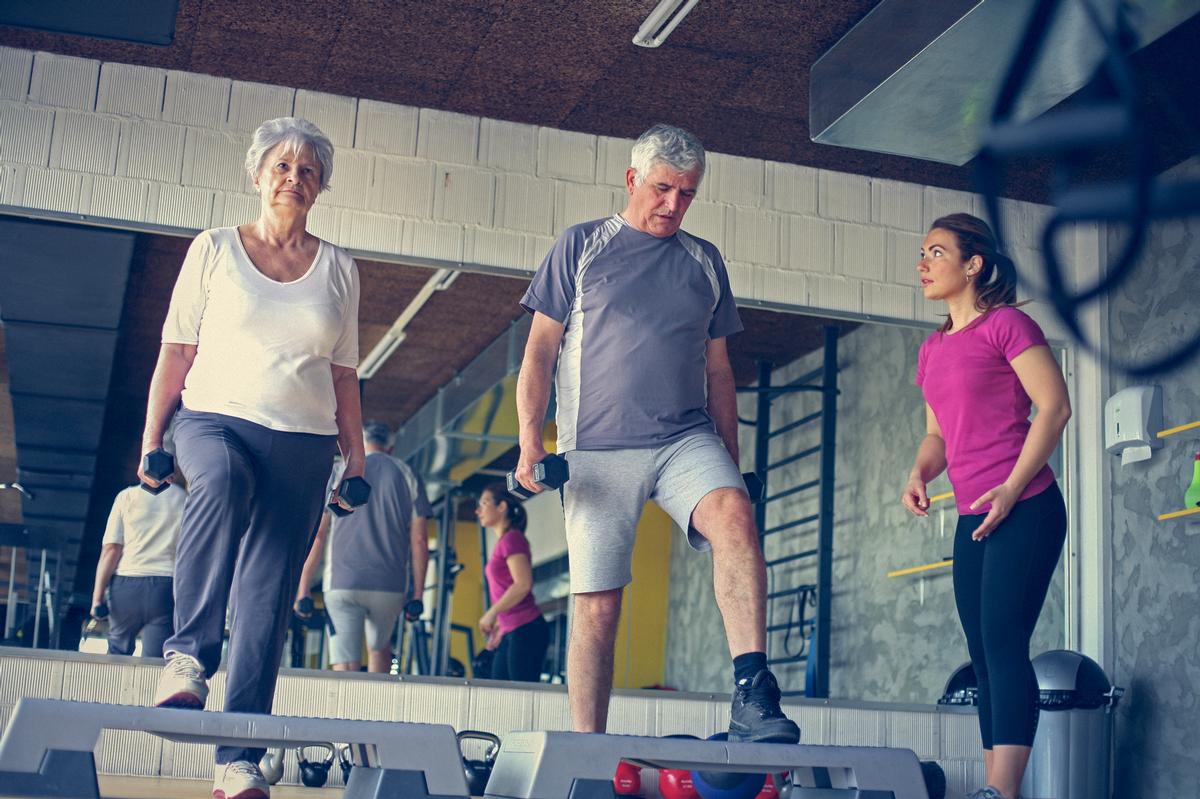see all jobs
Study: exercise stalls cancer growth by changing T cells in the immune system
Cancer sufferers who exercise regularly have, generally, a better prognosis than inactive patients – but science hasn't quite managed to agree why this is.
Now, researchers at Karolinska Institutet in Sweden have found a likely explanation of why exercise helps slow down cancer growth.
Randall Johnson, professor at the Department of Cell and Molecular Biology, Karolinska Institutet, says new evidence points to physical activity changing the metabolism of the immune system’s cytotoxic T cells – and thereby improving their ability to attack cancer cells.
Johnson is the author of a study – published in the journal eLife – which makes the connection.
“The biology behind the positive effects of exercise can provide new insights into how the body maintains health as well as help us design and improve treatments against cancer,” Johnson said.
To examine how exercise influenced cancer growth, the researchers observed two groups of mice – one which exercised regularly and a group which remained inactive.
In order to understand how exercise influenced cancer growth, the researchers isolated T cells, blood and tissue samples after training sessions and measured levels of common metabolites that are produced in muscle and excreted into plasma at high levels during exertion.
Some of these metabolites, such as lactate, altered the metabolism of the T cells and increased their activity.
The researchers also found that T cells isolated from an exercised animal showed an altered metabolism compared to T cells from resting animals.
During the study, it became clear that cancer growth slowed and mortality decreased in the trained animals, when compared with the untrained.
Helene Rundqvist, the study’s first author and senior researcher at the Department of Laboratory Medicine, Karolinska Institutet, said: “Our research shows that exercise affects the production of several molecules and metabolites that activate cancer-fighting immune cells and thereby inhibit cancer growth.
“We hope these results may contribute to a deeper understanding of how our lifestyle impacts our immune system and inform the development of new immunotherapies against cancer.”
• To download and read the entire study, click here for the eLife journal.
More News
- News by sector (all)
- All news
- Fitness
- Personal trainer
- Sport
- Spa
- Swimming
- Hospitality
- Entertainment & Gaming
- Commercial Leisure
- Property
- Architecture
- Design
- Tourism
- Travel
- Attractions
- Theme & Water Parks
- Arts & Culture
- Heritage & Museums
- Parks & Countryside
- Sales & Marketing
- Public Sector
- Training
- People
- Executive
- Apprenticeships
- Suppliers
















































